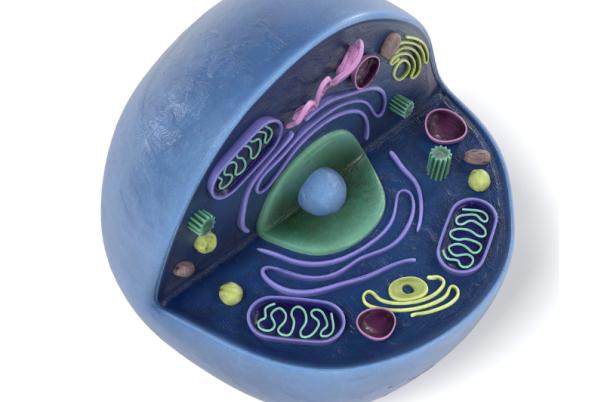The results published in Lancet Oncology demonstrate initial signs of safety and potential effectiveness of the treatment. With colorectal cancer on the rise and advanced stages of colorectal cancer remaining largely incurable, it is vital to address this unmet need.
Emil Lou, MD, PhD, Gastrointestinal Oncologist at the University of Minnesota Medical School, Masonic Cancer Center and M Health Fairview said: “This trial brings a new approach from our research labs into the clinic and shows potential for improving outcomes in patients with late-stage disease.”
The study used CRISPR/Cas9 gene-editing to modify a type of immune cell called a tumour-infiltrating lymphocyte (TIL). By deactivating a CISH gene, the researchers discovered that modified TILS were better at recognising and attacking cancer cells.
12 highly metastatic, end-stage patients underwent treatment and no serious side effects were reported from the gene editing, indicating that it has a good safety profile. Some patients in the trial said that their cancer growth stopped. While one patient even had a complete response, meaning that metastatic tumours disappeared over several months and have not returned in over two years.
Branden Moriarity, Associate Professor at the University of Minnesota Medical School and Co-Director of the Center for Genome Engineering stated: “We believe that CISH is a key factor preventing T cells from recognising and eliminating tumours.” He continued: “Because it acts inside the cell, it couldn’t be blocked using traditional methods, so we turned to CRISPR-based genetic engineering.”
Although these results are promising, further efforts on streamlining production are necessary. Additionally, understanding why the therapy worked so effectively in the patient with a complete response could improve the approach in future trials.








